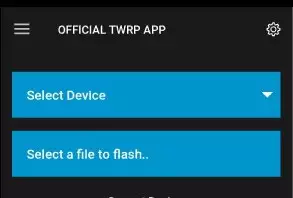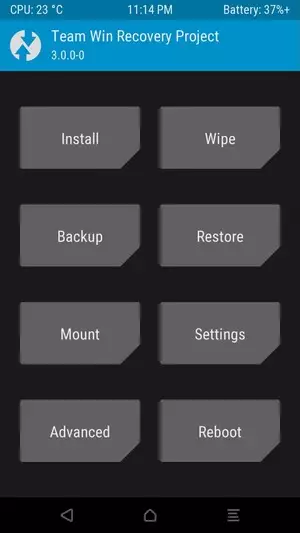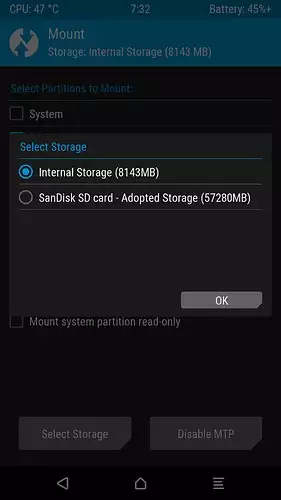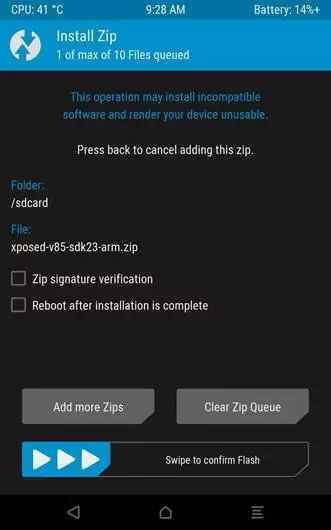Flash firmware on Thomson TLink 535
Mobiles >> THOMSON >> Thomson TLink 535| Specifications | Reviews | Secret codes |
| Unlock phone | Root phone |
| Backup | Flash Firmware | Screenshot |
How to flash Thomson TLink 535?
Why reinstall the firmware?
Errors in the Android OS start to appear regularly.
Some installed applications do not open.
Some programs from the Play Market do not start.
The phone restarts or shuts down randomly.
The phone began to work slowly.
You want to update the firmware, as it does not suit you in terms of functionality.
Where can I find the firmware?
On the official Internet resource of the phone manufacturer.
On specialized resources where users post custom or official OS.
What should be done before installing the firmware?
Create a backup copy of user data, contacts and photos and transfer it to your computer.
Insert SD card. An SD card is needed to write firmware to it.
Find information about your smartphone model.
Fully charge your phone battery.
Find and download the archive with Firmware. Place it on the SD card.
Installing TWRP Recovery
Install the Official TWRP App from the Play Store on your phone.
When you start the application for the first time, you must agree to install a new firmware and all the risks associated with this, as well as agree to grant the application Superuser rights and click the 'OK' button.
After moving to the next screen, select the 'TWRP FLASH' item and provide the application with root rights.

On the main screen of the application, click 'Select Device', and find your phone model.
After selecting a device, the application will direct the user to a web page to download the appropriate modified recovery environment image file. Download the suggested *.img file.
After downloading the image file, go to the main screen of the Official TWRP App and press the 'Select a file to flash' button. Select the file downloaded in the previous step.
Press the 'FLASH TO RECOVERY' button and confirm your choice.
When the message 'Flash Completed Succsessfuly!' appears on the screen. Click the 'OK' button. The TWRP installation procedure is now complete.
Copy the required files to the SD card. Using a PC or laptop card reader, it will be much faster.
Insert a memory card into your phone.
To reboot into recovery, you need to enter the menu accessible by pressing the button with three stripes in the upper left corner of the main screen of the application. Select the 'Reboot' item, and then click on the 'REBOOT RECOVERY' button. The phone will reboot into the recovery environment automatically..
Firmware via TWRP

Before flashing, you need to delete all user data from the phone, this will avoid many problems. press 'WIPE' on the home screen.
Now you can start flashing. Click the 'Install' button.

The file selection screen appears. At the very top there is a 'Storage' button for selecting an SD card.
Select the location where you copied the files..

Select the firmware file and click on it. A screen opens with a warning about possible negative consequences, you need to check the item 'Zip signature verification', which will avoid using corrupted files when writing to the phone's memory sections.
The procedure for flashing the phone will begin, accompanied by the appearance of inscriptions in the log field and the movement of the progress bar.
When the procedure for installing the firmware is completed, the message 'Successful' appears on the screen.
Summary: GSM frequencies: 850 900 1800 1900; Standard UMTS: 900 2100; Standard LTE: no; Type: Touch; Dimensions (W x H x D): 151.00 x 81.00 x 9.30 mm; Weight: 134.00 g; Main display: Color / IPS TFT540 x 940 px (5.30") 205 ppi; Display protection: -; Talk time (max.): 2G: 270 min. (4.5 h); Stand-by (max.): 2G: 280 h (11.7 days); Standard battery: Li-Ion 2500 mAh; Internal memory: 4 GB; RAM memory: 512 MB; Memory cards: yes, microSD, microSDHC (up to 32 GB); Operating system: Android 4.1 Jelly Bean; Processor: MediaTek MT6577; Processor clock: 1.00 GHz; Number of cores: 2; GPU: PowerVR SGX531 @522 MHz; Touchscreen: yes; SAR (10g): 0,932 W/kg; DualSIM: yes; Du ...
Comments, questions and answers on the flash firmware Thomson TLink 535
Ask a question about Thomson TLink 535



